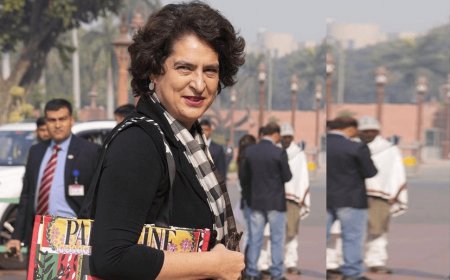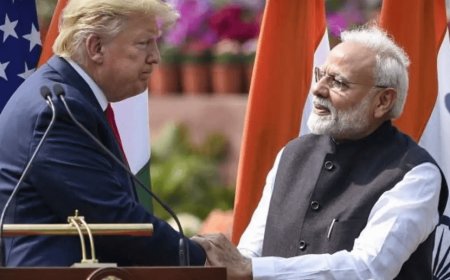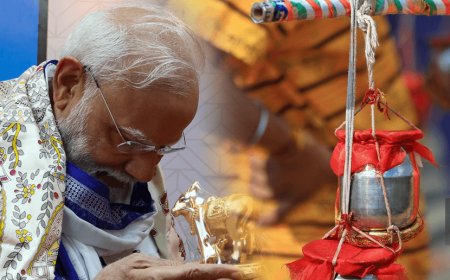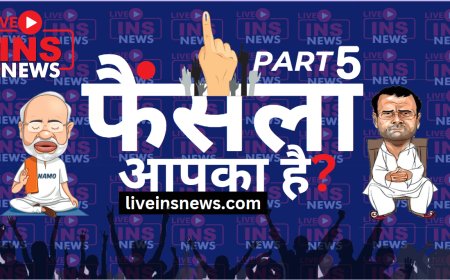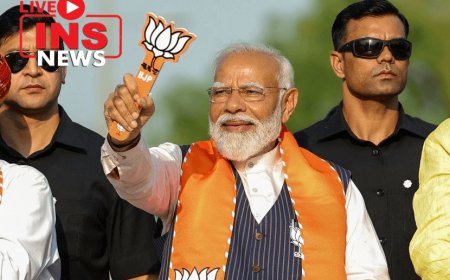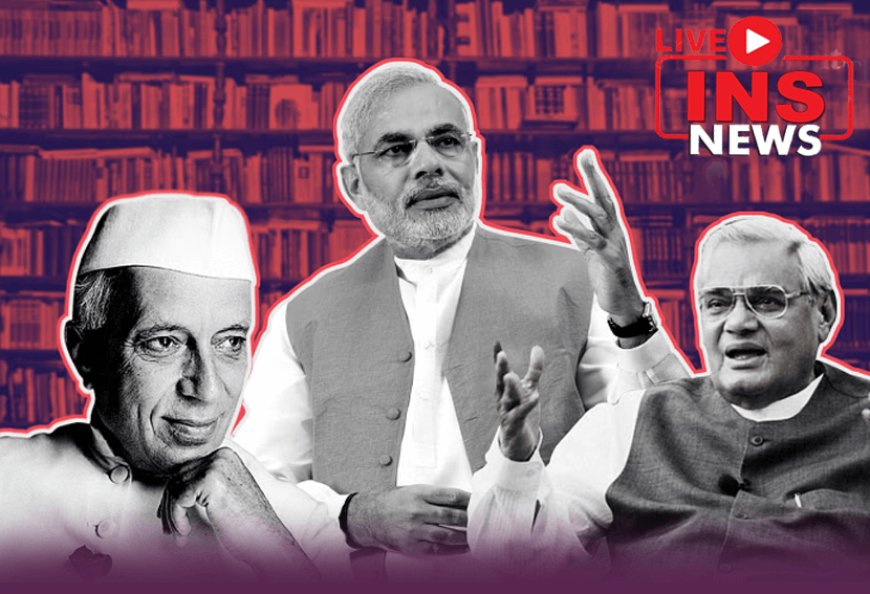The Indian rupee continues to slide against the US dollar.
The only difference between the commodity market and the foreign exchange market is that currencies are exchanged with other currencies instead of commodities in the foreign exchange market. The current round of fall in the rupee is mainly due to outflow of money by foreign investors from India, which has put pressure on the rupee. Global investors are shifting their investments to different countries as central banks restructure their monetary policies at different levels.

The fall of the Indian rupee and the stock market is not going to stop. At the interbank forex market today, the rupee registered its biggest fall in nearly two years The rupee fell 57 paise to close at a fresh all-time low of 86.61 (provisional) against the US dollar. Jefferies estimates that the rupee could break down to 88 in the mid-term. Why is the rupee falling against the dollar? What will be the impact of the rupee fall on your pocket? Let's find the answers to all these questions. The price of any currency in the foreign exchange market is determined on the basis of demand and supply of currency. It is just like the price of any other product in the market. When the demand for a product increases while its supply remains constant, it increases the price of the product to limit the available supply. On the other hand, when the demand for a product falls while its supply remains constant, it causes sellers to lower the price of the product to attract enough buyers. The only difference between the commodity market and the foreign exchange market is that currencies are exchanged with other currencies instead of commodities in the foreign exchange market. The current round of fall in the rupee is mainly due to outflow of money by foreign investors from India, which has put pressure on the rupee. Global investors are shifting their investments to different countries as central banks restructure their monetary policies at different levels.
What's Your Reaction?
















